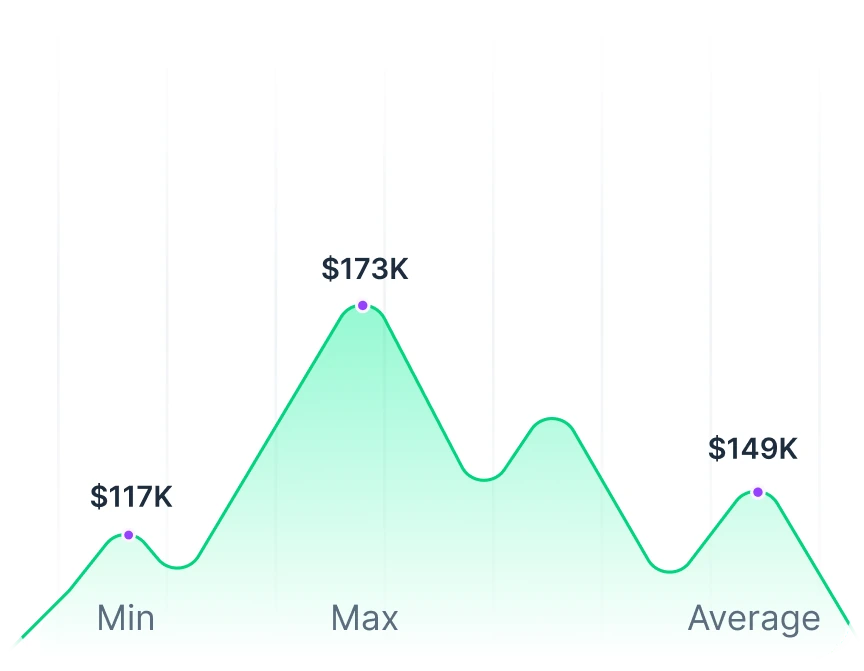How to Become a DevOps Engineer
If you need to become a DevOps engineer, you need to understand fundamentals of devops, strategies like continuous integration/deployment, automation, monitoring, collaboration and communication that need to be followed in the DevOps process.
Develop the skills required for scripting, CI/CD pipelines handling, and problem-solving abilities that are mandatory.
A simple way to get knowledge and skills required is to join a structured DevOps course training especially if you're exploring how to learn DevOps effectively in 2025 to meet certification goals and build strong fundamentals. The course training will help you to learn and develop DevOps essentials from industrial experts. Develop the mandatory skills through training and get the DevOps certification that helps in showcasing your DevOps essentials and makes you prepared to be involved in software development process.
Topics Covered in DevOps Fundamentals
At StarAgile, trainees will get 4 months of intensive training. Trainees will have a specific topic for DevOps Fundamentals.
This topic is added to the course because trainees don’t need any formal prerequisite to join the course, to give a better understanding for trainees from different backgrounds. In DevOps fundamental topics you will are:
- Why DevOps?
- What is DevOps?
- Agile and DevOps
- DevOps Lifecycle
- DevOps Market Trends
- DevOps Delivery Pipeline
- DevOps Ecosystem & Use Case
- Introduction to Virtualization
- Introduction to Cloud Computing
Get the knowledge of DevOps Fundamentals from industry experts. Get better understanding through the complete DevOps course, and also get hands-on experience through the capstone projects. The training will be interactive and the trainers will use real-life explanations to get better understanding.
Through the expert training, learn to implement the mandatory skills in the DevOps process and improve the efficiency of the process.
Fundamental DevOps Practices
To be involved in DevOps, you must also know the following best practices to make the software development process simple and quick. The best practices to follow are:
- Infrastructure as Code (IaC)
- Continuous Integration and Delivery
- Automation Testing
- Monitoring and Logging
- Configuration Management
- Collaboration and Communication
- Feedback Loops
Trainees can learn about the important practices and DevOps essentials during the DevOps course. Course curriculum is upgraded regularly based on the industrial requirements to give upper hand in the job market.
DevOps Fundamental Tools and Technologies
Tools and technologies play a major role in DevOps. Many operations in software development require the following technologies.
- Git tool for version control during the software coding. Understanding version control is crucial for DevOps engineers. For instance, learning advanced Git commands, such as Git Reflog, can help recover lost commits and navigate your commit history more effectively.
- GitHub tool for collaboration and code management
- Docker is used for containerization, a key technology for DevOps. To get hands-on experience with containerization, you might want to explore Installing Kubernetes on Windows to better understand how container orchestration works.
- Ansible is used for performing automation and infrastructure as code
- Jenkins is used for CI/CD
- Prometheus tools is used for monitoring and logging functionality during the coding process
- AWS DevOps for cloud platforms and services
- Selenium for automation testing process
Every organisation uses the latest and relevant DevOps tools and technologies to improve output quality and speed staying updated with the best DevOps tools in 2025 is key to remaining competitive in the field. During the DevOps certification training, you will learn important tools and technologies apart from DevOps fundamentals that will help you become a DevOps engineer.
Salary for a DevOps Engineer
A report from Glassdoor states that the average salary of a DevOps engineer is $115,836 to $157,728. Salary depends on factors like experience they have and location of their work.
The DevOps certification helps in getting the job in top companies in any part of the world. The certificate can be used to get the salary hike of 20% more than the employees without certification. Learn everything from fundamentals of DevOps and everything required for becoming DevOps engineer from StarAgile’s DevOps course training.






 The software development engineers and IT operation members faced a lot of issues in collaboration and misunderstandings that slowed down the development process.
The software development engineers and IT operation members faced a lot of issues in collaboration and misunderstandings that slowed down the development process. 















